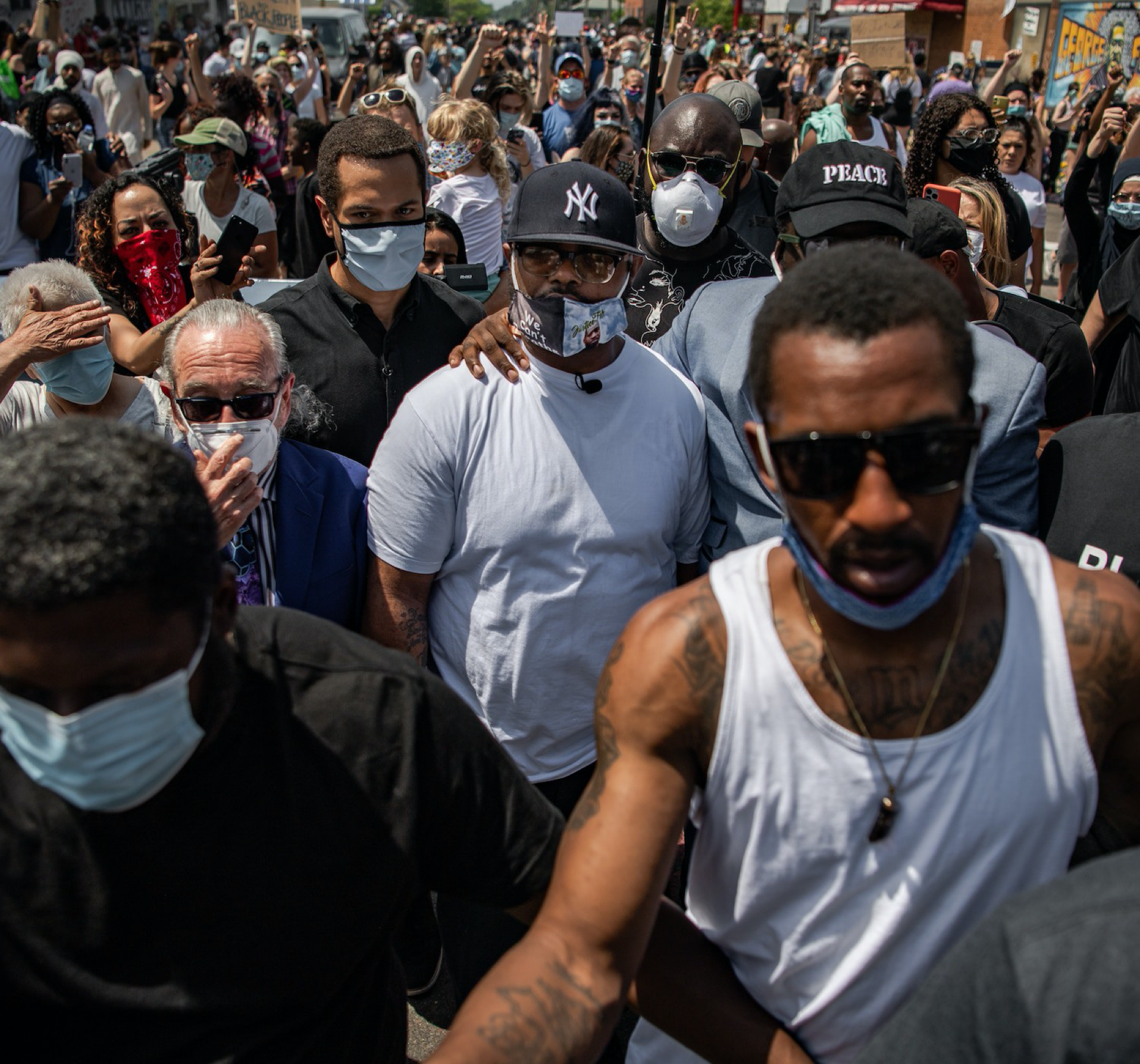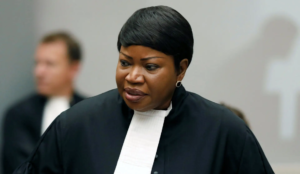Use the hashtag #BlackoutTuesday, not #BlackLivesMatter, they say, so vital voices are not drowned out
Row after row of black squares populated many people’s Instagram feeds Tuesday morning, and a quick search for the hashtag #BlackLivesMatter showed a grid made up almost entirely of solid black backgrounds.
The black squares were meant to show solidarity for the Black Lives Matter movement and for the protests that have swept the country for the past week after the death of George Floyd in police custody.
But some activists say the black grid may be causing more harm than good by drowning out vital information and amplification for the movement.
“If you are participating in this, don’t use the tag #BlackLivesMatter,” actor Kumail Nanjiani posted on Twitter. “It’s pushing down important and relevant content. Use #BlackOutTuesday.”
Some people took to Twitter to beg others to stop posting the black photos with the #BlackLivesMatter hashtag, saying it was drowning out information about protests, bail funds and how to help the movement. Searches for #blacklivesmatter on Instagram turned up nearly all black squares, with only a few posts containing information.
Instagram chief executive Adam Mosseri weighed in on the correct way to post, tweeting, “We’re hearing asks from the community that posts related to Blackout Tuesday use the hashtag #blackouttuesday, and not #blacklivesmatter.”
He said people who had already posted can edit their post to remove the hashtag.
Others posted instructions telling people to remove the #BlackLivesMatter hashtag from their posts.
Blackout Tuesday — sometimes spelled Black Out Tuesday — appears to have grown out of a movement started by two music industry executives, Jamila Thomas and Brianna Agyemang.
The most popular and interesting stories of the day to keep you in the know. In your inbox, every day.
The pair, both black women, called for the music industry to pause work as normal and disrupt the workweek “in response to the murders of George Floyd, Breonna Taylor, Ahmaud Arbery and countless other Black citizens at the hands of police.” Using the hashtag #TheShowMustBePaused, Thomas and Agyemang urged others to donate to help the families of Floyd, Taylor and Arbery and learn how to help the Black Lives Matter movement.
The idea for a blackout day grew, and blossomed into the social media protests, which also represent a break from posting about other “normal” social media topics.
But some also said the social media showing did not go nearly far enough in tackling racism.
“In a moment like this, our energy is better spent amplifying those [doing] to work toward justice, rather than retreating in silence to ‘listen,’” Twitter user Arrianna Planey tweeted. “Listening should be everyday practice if you’re anti-racist.”
Social media sites have become a central point of the movement — provoking both organizing activity as well as ire from supporters.
Twitter placed a warning label over two of President Trump’s tweets last week when he tweeted, “When the looting starts, the shooting starts.” But Facebook left the comments up untouched, prompting people to call for a “delete Facebook” movement.
Facebook employees pushed back on the company’s decision throughout the weekend and Monday, criticizing CEO Mark Zuckerberg’s decision to leave it up.




